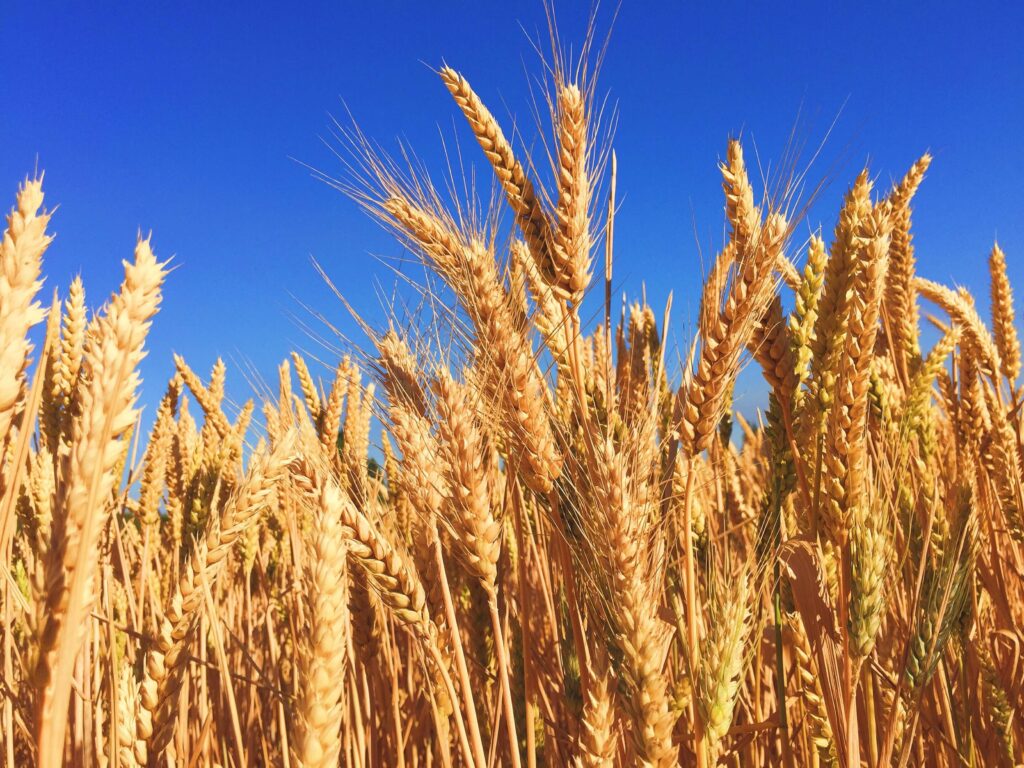Pulses are an essential part of the daily diet for millions of Pakistanis. They provide a rich source of proteins, vitamins, and minerals, making them a staple food item for vegetarians and non-vegetarians alike. However, the recent surge in Pulses price in Pakistan has raised concerns among the public and policymakers. This article aims to analyze the factors contributing to the increase in Pulses price in Pakistan and the consequences it has on the economy and the general public.
Types of Pulses in Pakistan
Contents
Pakistan is home to a variety of pulses, which are an integral part of the local cuisine. Some of the most commonly consumed pulses in Pakistan include:
- Chickpeas (Chana)
- Lentils (Masoor)
- Mung beans (Moong)
- Pigeon peas (Toor)
- Black gram (Urad)
- Kidney beans (Rajma)
Current Price of Pulses in Pakistan
To provide a better understanding of the current Pulses price in Pakistan, here is a table listing the prices of some common pulses in Pakistani Rupees (PKR) per kilogram.
Last Updated on Aug 1, 2023. We want to make sure you have the most up-to-date information on prices.
| Pulse | Price (PKR/kg) |
|---|---|
| Chickpeas | 170.00 |
| Lentils | 200.00 |
| Mung beans | 240.00 |
| Pigeon peas | 260.00 |
| Black gram | 210.00 |
| Kidney beans | 250.00 |
Please note that the prices mentioned in the table are subject to change and may vary depending on regional factors and market conditions. It is advisable to check for the latest prices before making any purchase decisions.
Factors Affecting Pulses Price in Pakistan
Climatic Conditions
Pakistan’s agriculture sector is heavily dependent on climatic conditions. Unpredictable weather patterns, such as droughts, floods, and erratic rainfall, can adversely affect crop production, leading to a decline in supply and a subsequent increase in prices.
Demand and Supply
Pakistan’s population has been growing at a rapid pace, resulting in an increased demand for pulses. Moreover, as people become more health-conscious, the demand for protein-rich food sources like pulses is on the rise. However, domestic production has failed to keep up with the growing demand, leading to an imbalance in supply and demand, and consequently, higher prices.
Government Policies
The government’s policies also play a significant role in determining the Pulses price in Pakistan. Import duties, taxes, and subsidies can all influence the price of pulses in the market. In some cases, a lack of support or inadequate incentives for farmers may contribute to a decrease in production and an increase in prices.
International Market Influences
As Pakistan imports a significant portion of its pulses from countries like India, Australia, and Canada, fluctuations in international market prices can have a direct impact on the Pulses price in Pakistan. Factors such as global production levels, currency exchange rates, and international trade policies can all influence the prices of imported pulses.
Consequences of High Pulses Price
The increase in Pulses price in Pakistan has several consequences on the economy and the general public:
- Food Insecurity: The high price of pulses makes them less affordable for low-income households, resulting in food insecurity and malnutrition.
- Inflation: The rising cost of essential food items like pulses contributes to the overall inflation in the country, affecting the purchasing power of consumers.
- Economic Burden: The reliance on imports to fulfill the demand for pulses increases the country’s import bill, putting pressure on the national economy.
Possible Solutions
To address the issue of rising Pulses price in Pakistan, the government and stakeholders can consider the following measures:
- Improve Agricultural Infrastructure: Investing in modern irrigation systems, better seed varieties, and advanced farming techniques can help increase the production of pulses domestically.
- Encourage Pulse Cultivation: Providing incentives to farmers for cultivating pulses, such as subsidies and favorable loan schemes, can help boost local production.
- Enhance Storage Facilities: Improving storage facilities can minimize post-harvest losses, ensuring a stable supply of pulses in the market.
- Review Import Policies: Revising import duties and taxes on pulses can help stabilize prices by making imports more affordable.
Conclusion
The rising Pulses price in Pakistan is a matter of great concern for both the public and policymakers. Addressing the factors contributing to the increase in prices, such as climatic conditions, demand and supply imbalances, government policies, and international market influences, is crucial for ensuring food security and economic stability. By implementing well-planned policies and investing in the agricultural sector, Pakistan can overcome the challenge of high pulses prices and secure a sustainable food supply for its growing population.



